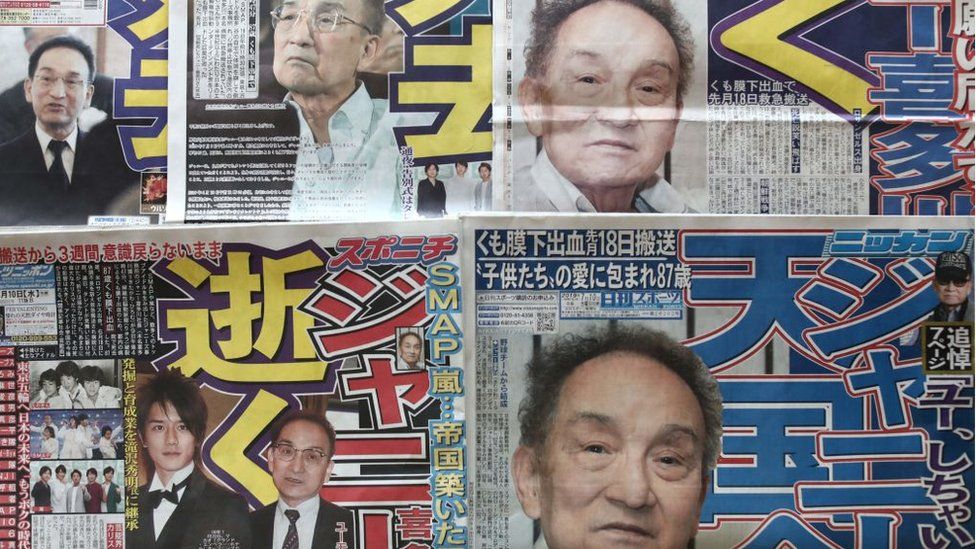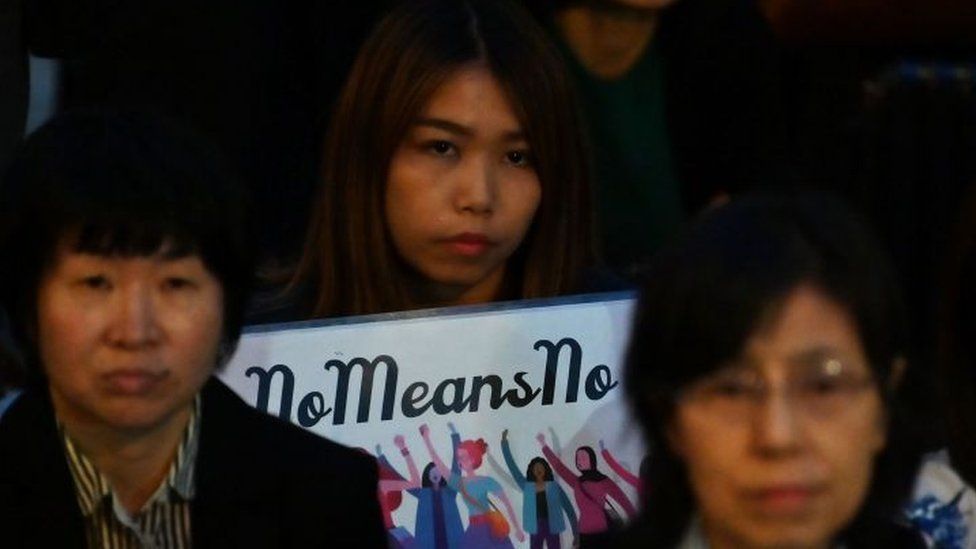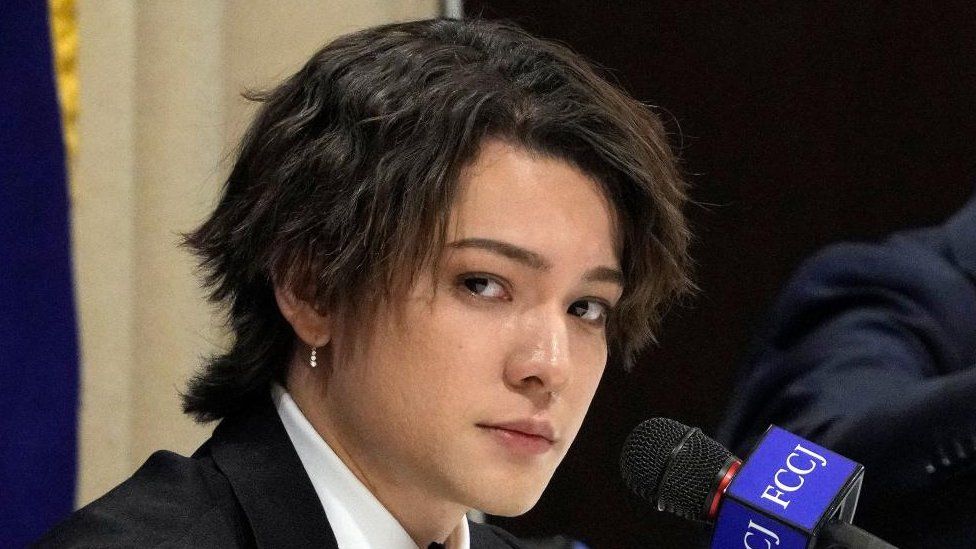
The late star-maker Johnny Kitagawa’s niece must resign as head of the talent agency that he allegedly used to sexually abuse aspiring pop stars in Japan, investigators have said.
The agency was also told to compensate Kitagawa’s victims, whose accounts featured in a BBC documentary in March.
Johnny and Associates apologised after the coverage led more people to come forward saying they had been abused.
But victims said Johnny and Associates needed to do more to make amends.
Kitagawa was arguably the most influential figure in Japan’s entertainment industry. His agency has held a near-monopoly on Japanese boy bands for decades.
Allegations of sexual exploitation had dogged his career – some were proven in a civil court – but he never faced charges. He continued recruiting and training teenage boys until his death four years ago, at the age of 87.
His death was a national event – even Japan’s prime minister at the time sent condolences.
Family management at the agency “is one of the biggest causes of governance failure” that caused the abuse to persist for decades, according to the independent investigators, who released their report on Tuesday.
Therefore, replacing Kitagawa’s niece Julie Keiko Fujishima as president and CEO is “necessary”, they said, adding this would also allow Johnny and Associates to restructure its leadership.
The panel, composed of Japan’s former prosecutor general Makoto Hayashi, a psychiatrist and a clinical psychologist, were appointed by the agency to investigate the allegations independently. They interviewed 41 people, including 23 victims as well as Ms Fujishima.
They found that Kitagawa abused a “large number” of young men “extensively” from the 1950s, through the 1970s when Johnny and Associates was set up, until the 2010s.
Results of a UN Working Group on Business and Human Rights released in early August likewise found that Kitagawa had molested hundreds of boys and that the working environment in Japanese entertainment enables sexual predators to act with impunity.
The BBC documentary in March detailed allegations from several teenage victims who worked for Kitagawa’s all-male agency. Since then, several other alleged victims have come forward.
There was no immediate response from the agency or Ms Fujishima to the findings of the investigation or its recommendation that she leave her post.
The panel said Ms Fujishima must have known about the abuse but did nothing about it.
“Overall, we found the statement [by Ms Fujishima] that she ‘didn’t know’ at the time to be a lie,” Mr Hayashi said.
Related Topics
-
-
20 February

-



